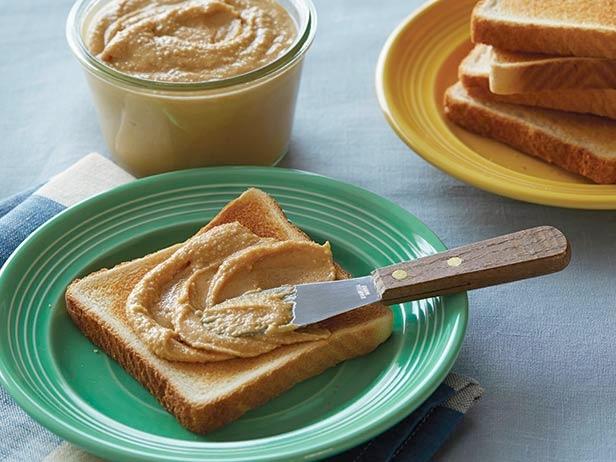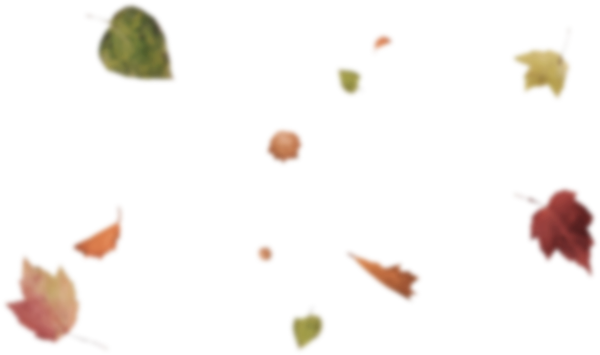I have been a martial arts coach for several years. I really got into martial arts because it appealed to me as an individual and it really helped me to manage life as a man on the Autism Spectrum. I am very hypo sensitive, my threshold for pain and discomfort are what I would describe as well above average. This made learning martial arts a very organic process for me. I love routine and I am not as bothered by the rigorous training one needs to endure on the path to becoming a successful martial artist.
Naturally as I progressed in my training I began to study nutrition and even got an online diploma in the subject. I continue to educate myself on any new developments in the field of nutrition and as the years pass I find myself marvelling more and more about the general lack of awareness most people have regarding what they eat. Especially where what one eats affects some of the challenges one might face navigating life on the Autism Spectrum.
As an example of foods that can affect not only ones health, but also ones cognitive abilities, let’s take a look at good old-fashioned peanut butter.

Peanut butter first popped up with early health gurus like John Harvey Kellogg but really hit the mainstream consciousness in North America at the St. Louis worlds fair in 1904. After its various health benefits and cost effectiveness were made clear militaries around the globe began to stock peanut butter as a source of healthy fats and proteins for soldiers on the move. However the public found stirring peanut butter to be a mild inconvenience and shipping peanut butter proved challenging because it didn’t keep well in certain environments.
Then chemists in the United States began to add hydrogen gas to peanut butter. When hydrogen gas is added to peanut butter along with a catalyst and some heat the peanut butter becomes solid at room temperature and the shelf life is greatly increased. This is a process now known as Hydrogenation. The by product of hydrogenation of any fatty oils leads to something called trans-fats and this is where peanut butter becomes either a miracle food, or after hydrogenation, a slow killer.
Peanut butter that is good for you only comes in one form. Dry roasted, natural with no added ingredients and stored in glass. Any other form of peanut butter, like typical top shelf grocery store peanut butter, is hydrogenated, roasted in oils that strip the peanuts of the nutritional value, sweetened with sugars and other additives and then shipped and stored in plastic.
Natural dry roasted peanut butter in a glass jar has been clinically proven to help maintain cholesterol levels, lower blood sugar, fight high blood pressure and vascular disease, reduce insulin resistance, fight various cancers, aid in weight management via leaving one feeling full for longer periods and lastly prevent cognitive decline.
Yes you read that right.
Foods that are non-processed, or processed as little as possible like dry roasted natural peanut butter, actually help you form grey matter and retain what you learn. Peanut butter and other healthy good fat type foods actually help you think clearly and learn. If you are on the Autism Spectrum like I am, good fats like those in quality peanut butter actually help lesson the severity of some challenges one might face. This means I can potentially tolerate more before I get overwhelmed and my cognitive challenges are less straining on my mind at a physiological level. If I eat the right foods I have a better quality of life.
Cheap processed peanut butter or any processed foods actually do the exact opposite.
The added refined sugars in cheap peanut butter aggravate inflammatory conditions like depression, diabetes, arthritis and others. Roasting nuts of any type in oil strips them of their healthy fats and when those bad fats are then hydrogenated. The effect on the body causes heart disease, insulin response and insulin resistance, cancers and cognitive decline as well as aggravating neural degenerative diseases like dementia and alzheimer’s and even contributes to impaired memory. Even the packaging makes a difference. Plastic should not be used to ship and store foods. Phthalates found in plastics have been clinically proven time and time again to leech into fatty foods like peanut butter. Phthalates damage the human endocrine system and cause all kinds of health complications that often manifest as different issues, like gender dysphoria.
If one already has issues with executive dysfunction and overstimulation, like I and many people with Autism do, the effects of processed foods like hydrogenated, roasted and sweetened peanut butter make those issues far more challenging and more frequent. In fact redundant studies have shown that diets high in processed foods literally damage the brain and lower over all intelligence causing cognitive deficits and cognitive decline. If a person is already struggling to understand social situations and the world around them then eating a diet high in processed foods is a recipe that sets the recipient up for failure.
As a father on the spectrum with a child on the spectrum I have to give my daughter every advantage I can find. Making sure she eats foods that aid her in facing her challenges so she can continue to improve and excel is something any caring parent can get behind.
So reach for quality foods with as little processing as possible. I prize my gifted intellect as one of my many Autistic assets. I care for it by caring for what I put into my body. I care for what my daughter eats as well, like any father would. I know it can be a challenge getting an autistic child to eat healthy, but choosing the healthiest versions of preferred foods really adds up over time.
Sean Leal is on a mission to advocate both for mental health awareness and for Autism awareness as well as care. After looking back on the tragedy and abuse he suffered in his childhood he spent eight years in therapy and was diagnosed with level one Autism at the age of thirty-two. After his diagnosis other members of his family were tested for ASD as well. His brother, sister and uncle have been formally diagnosed with ASD as well as several of their children.
After helping his family learn more about the Autism spectrum he is very excited to be given the opportunity to volunteer and write for ASO. It is his hope that the book he has written, an autobiography of his life, will one day be published so that he might pursue his dream career of being a writer and published author. He considers his autistic traits to be a gift, they absolutely are the reason he survived what he did and he is proud to be on the spectrum.


